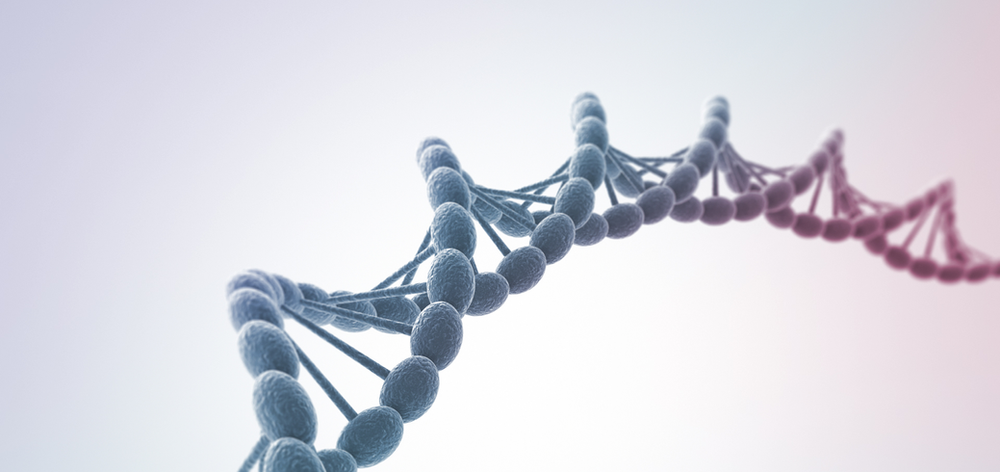Liberty Lake, Washington Post Falls, Idaho Sandpoint, Idaho
509-464-2344 208-777-0308 208-263-7889

There is a universe of bacteria in our guts that researchers and the medical field are just now beginning to come into a more comprehensive understanding of and how this “microbiome” affects everything from how well our brain functions to what kind of mood we’re in. Microbes in the gut “talk” to the brain in several ways: They produce neurotransmitters (substances that carry messages back and forth to and from the brain)–including 90 percent of the body’s serotonin, our “feel good” hormone. The gut microbes manufacture small molecules that float through the blood stream controlling which genes are turned on and which are turned off. They activate the immune system, which affects the brain. And, most importantly, they can direct-dial through the gut’s vagus nerve–a line that runs straight to the brain. One study in Canada showed a Lactobacillus-based probiotic cured depression in mice. But when the vagus nerve was clipped in an equal percentage of the test mice, the depression remained.
It should be clear by now that I’m not talking about bacteria as invaders; we’re talking about a beneficial relationship between our bodies and single-cell life partners that interact about as intimately with our bodies as anything possibly can. These bacteria affect our immune systems, our moods, mental health, and contribute to the regulation of our metabolism, playing important roles in obesity and Type 2 diabetes.
While the existence of this microbial universe has never been a secret, until fairly recently, researchers had little access to its mysteries. Research was limited to microbes that would grow in a laboratory, a remarkably tiny sample of what’s actually found in the gut. But with the discovery of a technique to sequence microbial DNA directly from the environment, huge gains in understanding the true role of our gut microbiome in health and disease have been made.
And what researchers have found and are continuing to find point to a major breakthrough in medical understanding of how the human body can achieve and maintain better health.
Diets that promote overgrowth of harmful gut bacteria, i.e., high sugar consumption, fried foods and low fiber diets, actually contribute to bacteria species that cause inflammation. This inflammation is a result of damage to the lining of the gut, causing a condition called “leaky gut syndrome.” However, diets high in fiber starve these harmful and less supportive bacteria and boost the healthy species. One example is bacteria that ferments dietary fiber which then produces short-chain fatty acids. These fatty acids can reduce insulin resistance, a precursor to Type 2 diabetes.
Diets high in different kinds of fruits and vegetables have been shown to have a restorative effect on leaky guts. And while someone may not have any intestinal problems they’re aware of right now, i.e., heartburn, constipation or diarrhea, bloating, gas or cramping, it may take years for an increasingly damaged gut lining to manifest in disease or mental deterioration. Taking steps now to protect the universe of good bacteria within our guts is critical in order to help this nation combat the epidemic of Alzheimer’s disease, obesity, heart disease and diabetes which we now understand is strongly linked to poor diets and subsequent unhealthy guts.



